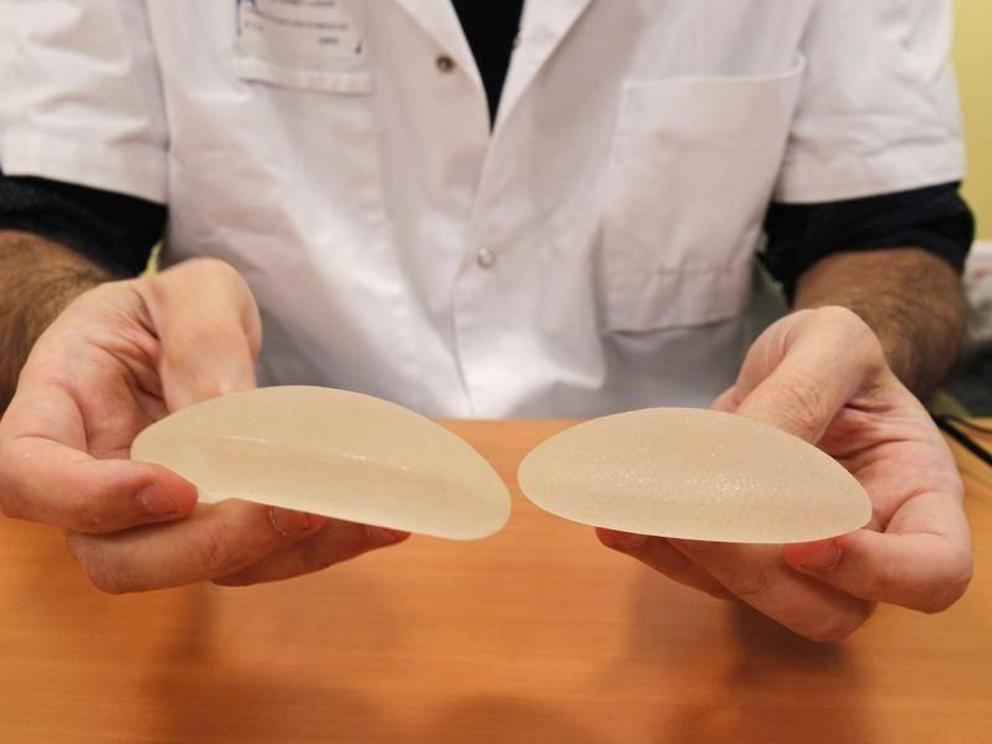Breast implants face ban over cancer fears
The TGA is recommending action on some breast implants associated with a form of cancer. (AAP)
The Therapeutic Goods Administration is weighing up whether Australia should follow France and Canada's lead in banning some breast implants associated with a rare cancer.
An Australian ban on a range of textured breast implants has been recommended after a review of apparent links to rare forms of cancer.
The Therapeutic Goods Administration's proposed regulatory action - which could include cancelling, suspending or recalling implants - follows an extensive review of an apparent association between anaplastic large cell lymphoma and some implants.
The announcement comes as legal firm Slater and Gordon revealed it is considering a class action against the manufacturers of the implants, Allergan Australia.
Slater and Gordon's Andrew Baker said a few dozen women who have the implants and the rare cancer have contacted the firm and a decision would be made about a class action in coming months.
He said the women were not told about possible risks of the product so were not able to choose alternative implants.
"If there is a risk that's known about a product like this it needs to be disclosed to patients so they can make an informed choice about the products that are put into their bodies," Mr Baker told AAP.
Health Minister Greg Hunt said the government supported the TGA's proposed action.
France and Canada acted in April to remove certain textured implants from their markets.
As of April, the TGA had received 76 reports of anaplastic large cell lymphoma associated with breast implants in Australian women.
The estimated risk of breast implant-associated lymphoma is between one-in-1000 and one-in-10,000.
Experts do not recommend removal of breast implants where there are no problems with the implant.
Breast implant-associated lymphoma is usually cured if detected early.
The TGA has published information on the proposed action, including information on the specific textured implants, on its website.
Allergan Australia said it was reviewing the TGA action in relation to its Natrelle Biocell textured breast implants and tissue expanders.
"Allergan continues to stand behind the benefit/risk profile of its breast implants" including its Biocell products, the company said in a statement on Thursday.
The company said there was no recommendation from any health authority, including the TGA, for asymptomatic patients to have their textured breast implants removed or replaced as a preventative measure.
Australia's peak body for cosmetic surgeons said there was no cause for alarm for people who have textured breast implants, and to consider all evidence before taking action.
The Australasian College of Cosmetic Surgery said the risks of developing a cancer that spreads is extremely small.
"If patients do not have any symptoms, there is no need for any action because of this TGA announcement," the College said.
Patients should speak to their surgeons if they have any concerns, it said.
Source AAP - SBS

